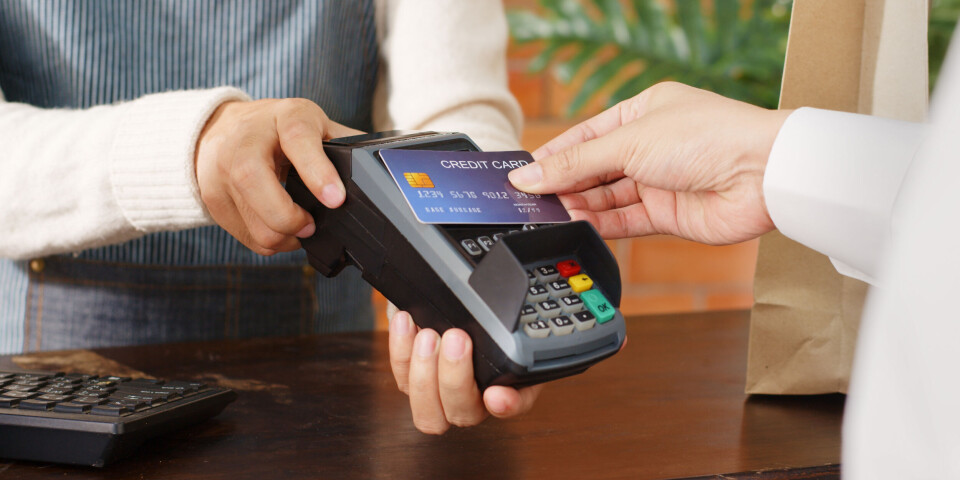-
Health mutuelles banned from raising rates in 2026 – what to do if yours does
Ban comes despite top-up providers warning that costs would rise again this year
-
French MPs support making hospital parking free
Bill requires approval by the Senate before becoming law
-
French GPs angry at proposed fines over online paperwork
Law will see fines of up to €10,000 a year from 2028 if admin for the dossier médical partagé is not completed
The eco-friendly French family preparing to live 'off-grid'
The coronavirus pandemic and confinement has made many people think about the way we live, such as this family who, as the 'world faces collapse', are preparing to live their lives off-grid.

Examples of changed attitudes include all those who have taken advantage of a government-funded bicycle repair scheme as part of a move to alternative modes of transport and healthier lifestyles. There were so many that the budget for it was tripled from €20million to €60m. There has also been an increasing interest in home-grown fruit and vegetables. Some people are going further.
Racism in France: how attitudes towards inequality have changed
Meet the family practicing self-sufficiency
Rémi and Bénédicte Richart and their three sons, age 12, 10 and four, are working towards self-sufficiency on their small farm at Prunet in Cantal. They believe our consumer-driven society could collapse at any time and that families should grow their own food, provide their own power, look after their health and continue a comfortable 21st-century lifestyle using low-tech solutions without being too dependent on the outside world.
Mr Richart said coronavirus had made people aware of how quickly life can change. They run courses for other people who are interested in becoming more self-sufficient (nospiedssurterre.fr).
How did you get started?
I worked in IT for a bank and found my job did not correspond with my values. When my wife took up a teaching post in La Réunion, I left and spent time reading and researching. I realised how fragile our society is. It is not just about resources but also the dependence of our system on the rest of the world. We cannot have electricity in France without uranium and petrol which must be imported. I began studying solar and how to install panels. Bénédicte left teaching and trained in Chinese medicine. We bought a small farm in Cantal and began to eco-renovate it.
Shopping local: France's AMAP farm basket scheme explained
To what extent are you self-sufficient now?
We are not 100% self-sufficient and do not intend to be right now. Our aim is to be able to look after ourselves if and when the need arises. We produce electricity from solar panels, which we sell into the national grid. But if that no longer functions, we’ll have our own electricity. We have our own spring and collect rainwater from the roof and so could be independent in water if necessary. We also have two washing machines. One is a normal one. The other is second-hand. I spent a day and €10 linking it to a bicycle, which you pedal to turn the drum. We don’t use it to wash our clothes now, as it would take an hour on the bike, but it is on standby.
How much of your food do you grow?
About 30%, using a permaculture system, and we could increase that if necessary. Over the years we have improved the soil and we use our own seed. It takes up to 10 years to establish a really productive garden so it is best to start sooner rather than later. We make our own bread and have a solar panel-driven mill to make flour. We are vegetarian and eat a lot of potatoes and vegetables, but if we ate meat, we could easily have a pig.
France needs a minister for animal welfare, say rights groups
What is your lifestyle like?
We work all the time but it is very varied. We are often outside and close to nature. I research new methods of doing things. At present, I am trying to see if we can produce biogas from our compost to cook with. We also home-school our children. They study in the morning and in the afternoon they tinker about, making things like a go-kart or coming to inspect the beehives. They see a lot of other children as we are in the village. If they want to go to school one day, they can. We want to show everyone can make changes to become more resilient and autonomous. You can still have hot water, heating and electricity. We don’t have the latest iPads or phones, but we have computers.
What do you teach on your courses?
They are usually for families, who come for a week. They have a choice of workshops including permaculture, cooking with a wood stove, solar energy systems, and lowtech solutions. At the end, we visit another family in the area that has chosen the type of lifestyle that might appeal to them.
Are there many families in Cantal living as you do?
There are around 50 near us. We help each other out. Today I noticed a problem with my bees and this evening I will ring an apiculturist in one of the other families. We have a permaculture expert and I help with renew-able energies. We welcome new families. It is the beginning of a new movement.
If you are working at home on self-sufficiency, tell us about it news@connexionfrance.com
























